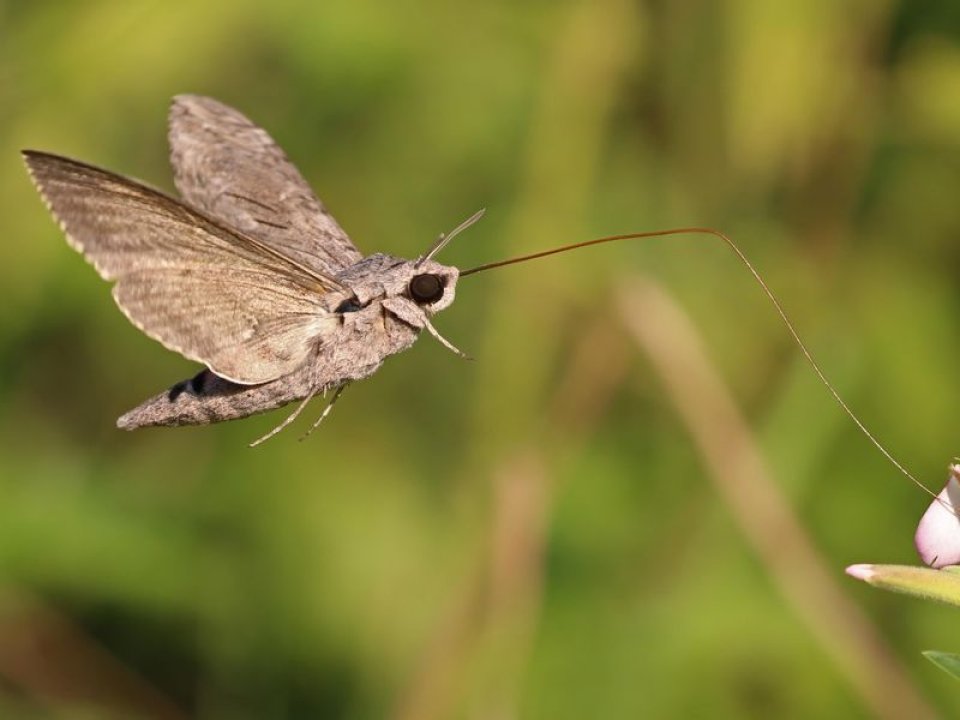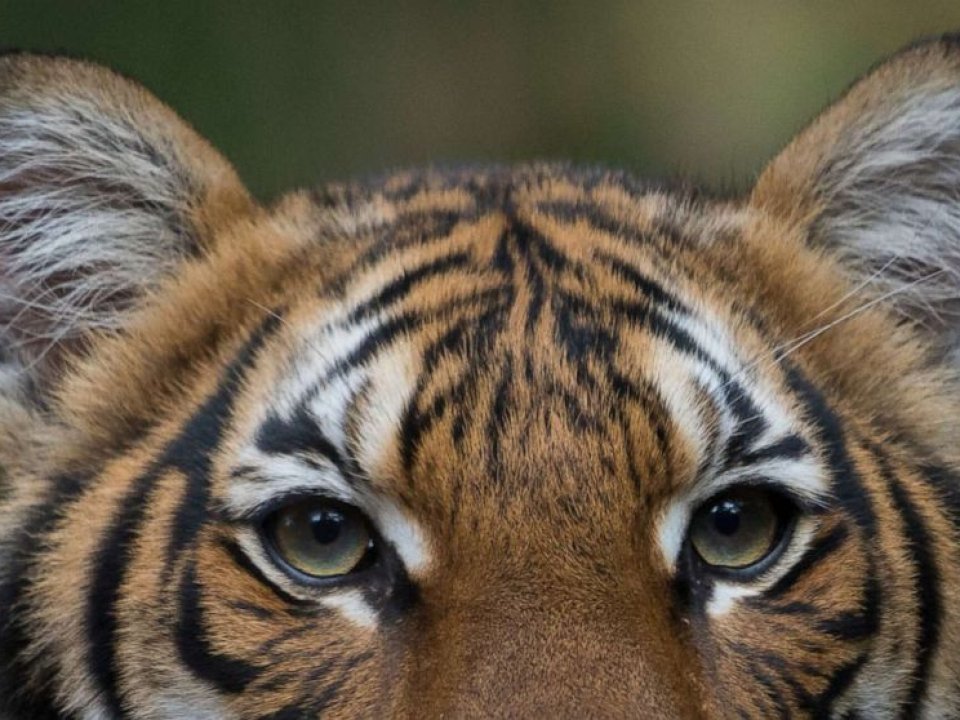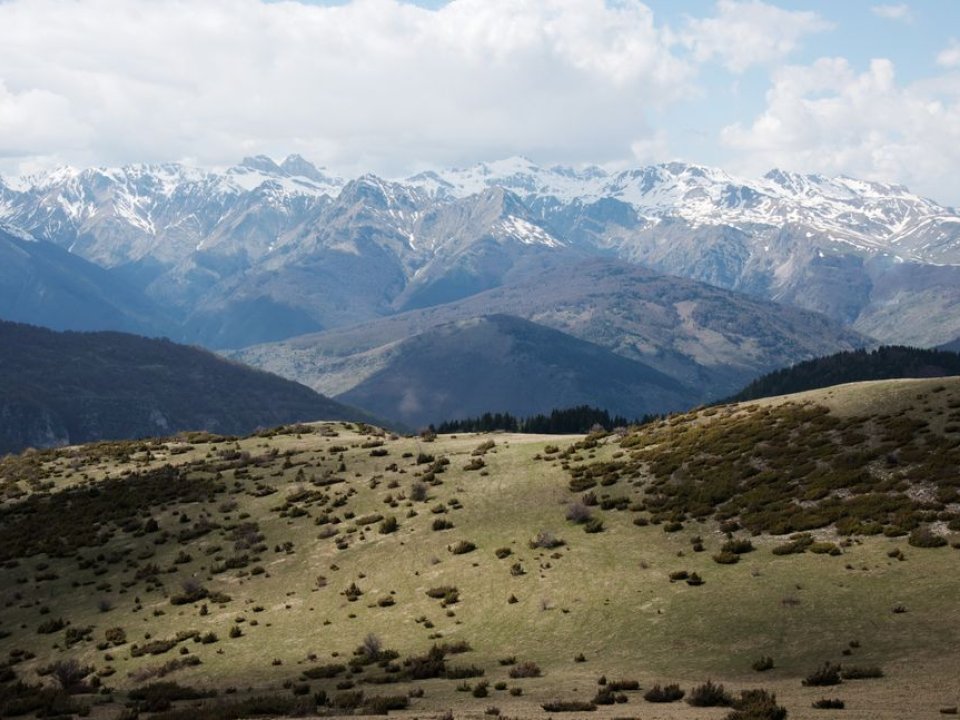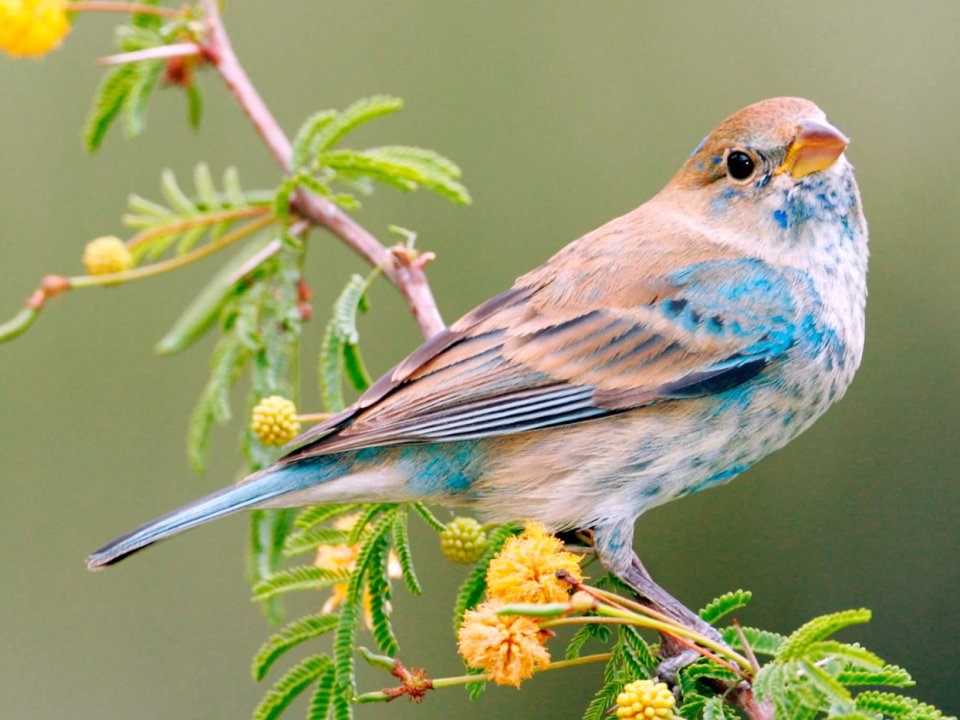News
“Because more distantly related species will have much more differentiated genomes, it is more common to find hybrids between sister species or very closely related ones, or at least in the same genus. Inter-genus hybrids occur but are less common,” says Natalia Cristina García, postdoctoral associate in the Lab of Ornithology.
Ian Kysel, visiting assistant clinical professor at the Law School, is part of a team of legal scholars that developed a set of principles reminding states of their obligations to migrants and refugees.
Alison Johnston, research associate in the Lab of Ornithology, comments on a new paper on insect population decline.
Robert Howarth, professor of ecology and evolutionary biology, is optimistic about New York state reaching its emissions goals.
Cornell scientists have developed a new technique for imaging a zebrafish’s brain at all stages of its development, which could have implications for the study of human brain disorders, including autism.
Stephen Yale-Loehr, professor of immigration law, said before President Donald Trump's immigration order was released that such an order was "outrageous and likely unconstitutional," and noted that the U.S. has "never done that before, even during the world wars."
A statement from the Bronx Zoo notes the cooperation and support of the New York State Diagnostic Laboratory at Cornell in detecting the virus in the animals.
“What should we conserve, and why?” asks Darragh Hare, a postdoctoral fellow in the department of natural resources. “Are species valuable simply because they contribute to human well-being, or also for their own sake?”
"When you buy shade-grown coffee beans, you provide food for more than 70 North American migratory species, like orioles and warblers, that spend winters bulking up on coffee farms across the Caribbean and Central and South America," says Amanda Rodewald, professor of natural resources.








